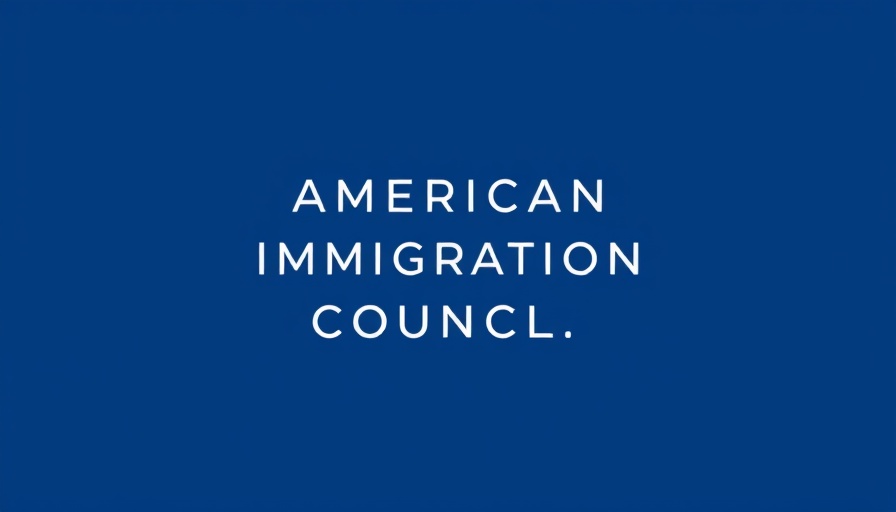
Understanding Voter Perspectives on Immigration Enforcement
The recent WaPo/Ipsos poll reveals intriguing insights into American voters’ attitudes towards immigration enforcement, highlighting the complexities of how immigration issues intersect with political perceptions. Despite President Trump's overall low approval ratings, where he stands at a 45% approval to 55% disapproval among registered voters, his handling of immigration has garnered a split yet insightful reception.
Approval Ratings: A Closer Look
While voters generally disapprove of Trump's job performance, his approval rating regarding immigration management finds a shallow support base at 47%, indicating a fine line between acceptance and dissent. Notably, Republican voters overwhelmingly back his approach, with 88% approving, contrasting sharply with the 9% approval from Democrats. These figures suggest that immigration remains a significant polarizing issue, often prompting voters to scrutinize enforcement policies in a framework intertwined with party loyalty.
Key Questions Reflecting Public Sentiment
The poll's question regarding deportations unveils a nuanced perspective among voters. About 50% believe that "nearly all" or "most" deported individuals justified that action. This sentiment points to a sizable segment of the populace who may perceive that the Department of Homeland Security's (DHS) actions align with the law, even if they are not universally supported.
Which Party do Voters Trust for Immigration?
An essential finding from the poll reveals that 46% of registered voters trust the Republican Party more than the Democrats regarding immigration management, while only 29% lean towards Democratic confidence. It becomes evident that immigration enforcement is seen as a critical issue for voters, with many opting for perceived firmness over leniency, resonating with Republican stances.
Implications for Business Investors
For business lenders and banks, understanding this political landscape is critical. As immigration policy can have far-reaching effects on labor markets and economic conditions, maintaining awareness of voter sentiment could guide strategic decision-making.
Ultimately, the intersection of immigration issues with public trust in leadership highlights the necessity for businesses to remain informed and adaptable in the face of changing policies and public opinion. As the political climate evolves, proactive engagement with these insights offers a competitive edge in navigating the intricacies of business immigration.
 Add Row
Add Row  Add
Add 




Write A Comment